Croatia and Hemp Law (CBD and THC)
min. reading
Croatia is an example of a country that knows how to take advantage of a boom in an industry and support its development. At least this is the case with hemp regulations and the development of the CBD and medical marijuana industry. Not only does that country have a fairly liberal approach to the possession of cannabis for recreational purposes, but it also allows its citizens to be treated with cannabis strains, while entities with special licenses are allowed to cultivate cannabis on its territory. You can read about the Croatian government’s progressive outlook on hemp and the hemp regulations in force in that country later in this article.
Table of Contents
Legal status of CBD in Croatia
As with most European Union countries, Croatia allows the production, sale and distribution of CBD products, as long as the substance comes from legally grown true hemp. And it is legal provided that it does not contain more than 0.2% THC in the final product. So, it’s extremely important to only buy products from trusted manufacturers that are certified and tested for tetrahydrocannabinol percentages. The Croatian government is favourably inclined towards CBD products. The 2019 amendment to the Anti-Drug Law recognized that CBD is not a drug. Back then, Cannabis Sativa L. was removed from the country’s list of narcotics. Since then, hemp and its products are no longer under the supervision of the Croatian Ministry of Health, but of the Ministry of Agriculture. It can be legally grown, processed and sold like any other agricultural commodity. The public is also very supportive of the use of cannabidiol in various forms. Croatians are eager to buy hemp food, hemp cosmetics and CBD oils.
CBD in Croatia – a drug and a supplement in one
Cannabidiol is treated as a dietary supplement and as a medicine, so there are two different approaches to the commercial CBD market. Products for recreational needs, such as food or dietary supplements, can be purchased in a store, a supermarket or online. Medical CBD products, on the other hand, which are characterized by standardization and a have certain content of active substances, are available on prescription. Only those who have had a medical consultation can purchase such products at a pharmacy. In Croatia, a manufacturer of medical CBD is obliged to hold special licenses and meet certain standards. Companies that manufacture and sell CBD for recreational use have far fewer requirements to meet, but they still have to register all their products. Importantly, Croatia allows CBD products to be imported from abroad, as long as they meet domestic legality requirements, of course. So, if you are going on vacation to this country, bring along your proof of purchase and THC content tests to present them to customs officers.
Legal status of THC in Croatia
When it comes to the psychoactive substance contained in hemp, the law is not as liberal as in the case of CBD. THC in Croatia is treated as a lower-category drug: the Criminal Code distinguishes illegal substances into heavy drugs and light drugs, and cannabis belongs to the second group. Thus, crimes related to the possession, production or distribution of cannabis are treated more leniently by the law. Growing, selling and distributing THC-rich cannabis for profit is still treated as an offence, which is absolutely punishable by imprisonment – a minimum of 3 years. The law treats those who possess raw material for their own use, especially in small quantities, more leniently. Since 2013, THC possession has been decriminalized in Croatia, meaning that recreational use of cannabis and possession for personal use carries a maximum fine of HRK 5,000-20,000 ($800-$3,500) depending on the case. People who want to take up treatment using medical marijuana with high THC content have such an opportunity, as the Croatian Ministry of Health officially legalized the use of marijuana-based medicines for medical purposes on 15 October 2015.
Medical marijuana in Croatia
Croatia allows its citizens to use medical marijuana. Medical cannabis treatment has been legalized especially for patients suffering from cancer, multiple sclerosis or AIDS. The Medical Marijuana Regulation gives access to cannabis-based medicines containing over 0.2% of tetrahydrocannabinol (THC). Those are two active substances: dronabinol and nabilone. A possibility of purchasing dried medical cannabis at a pharmacy has also been introduced. A patient is qualified for treatment during a medical visit. Patients can purchase medical marijuana only on prescription, which they will then fill at selected pharmacies. Despite the legalization of medical cannabis, patients are still not allowed to grow the plants for their treatment – home cultivation remains illegal. In addition to a restriction that imposes a requirement to get a prescription from a doctor, there is also a limit of 0.75 grams of THC per patient per month.
True hemp and cannabis cultivation in Croatia
The cultivation of true hemp for industrial purposes is legal in Croatia, provided that several conditions are met. First of all, the crop must be registered with the Ministry of Agriculture. Interested companies or individuals must register it online 15 days before planting, and in this way, they are immediately listed as hemp producers. Another prerequisite for legal cultivation is choosing the right variety. It should be included in a list of certified varieties approved for cultivation in the EU. These are special types of fibre hemp which have THC levels of less than 0.2%. The situation for farmers who want to grow hemp is quite clear: they can grow their plants for any purpose, such as construction, textiles or food.
Croatia is also one of the few countries in Europe to have introduced the possibility of growing cannabis for medical use, for specialized entities. This applies only to entities that have received special permits. Cultivation carried out by citizens for recreational or even medical purposes continues to be treated as a crime, despite the fact that during the initial work on the amendment of the Anti-Drug Law it was assumed that this would be allowed. The final draft, which went into effect in March 2019, stipulates that the Agency for Medicinal Products and Medical Devices grants selected companies licenses, based on which they can grow medical cannabis to meet demand in the domestic market.
Don’t miss other articles about hemp law
Can you legally buy marijuana in the Czech Republic?
Hemp law in United Kingdom – what does it look like?
Is hemp legal in Romania?

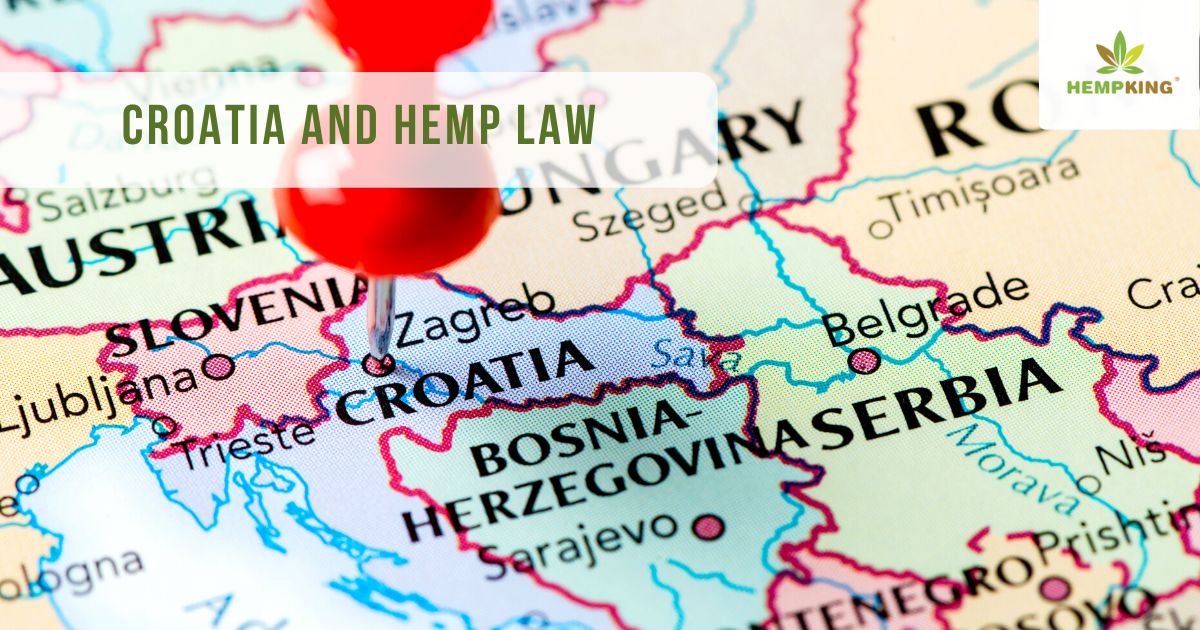

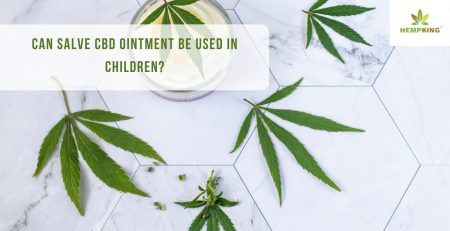
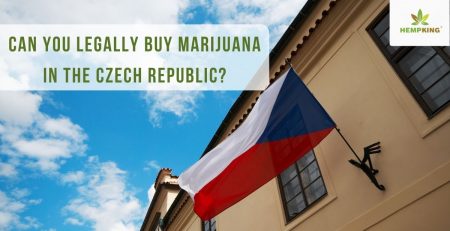
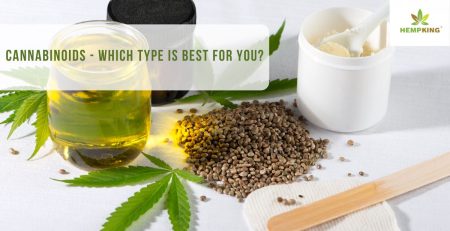
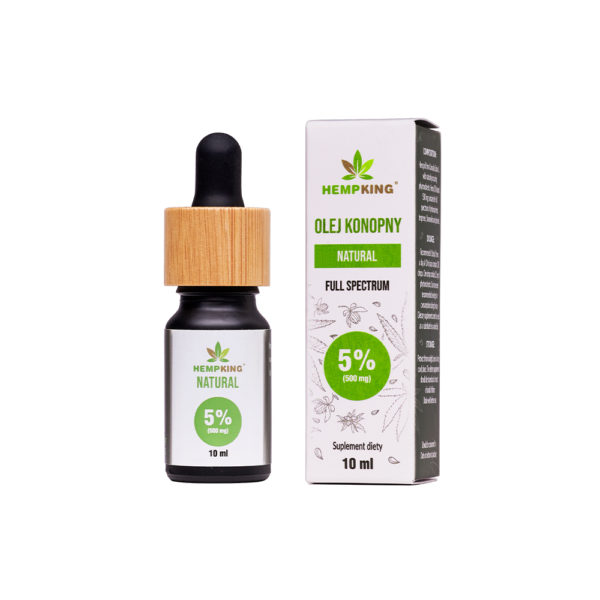
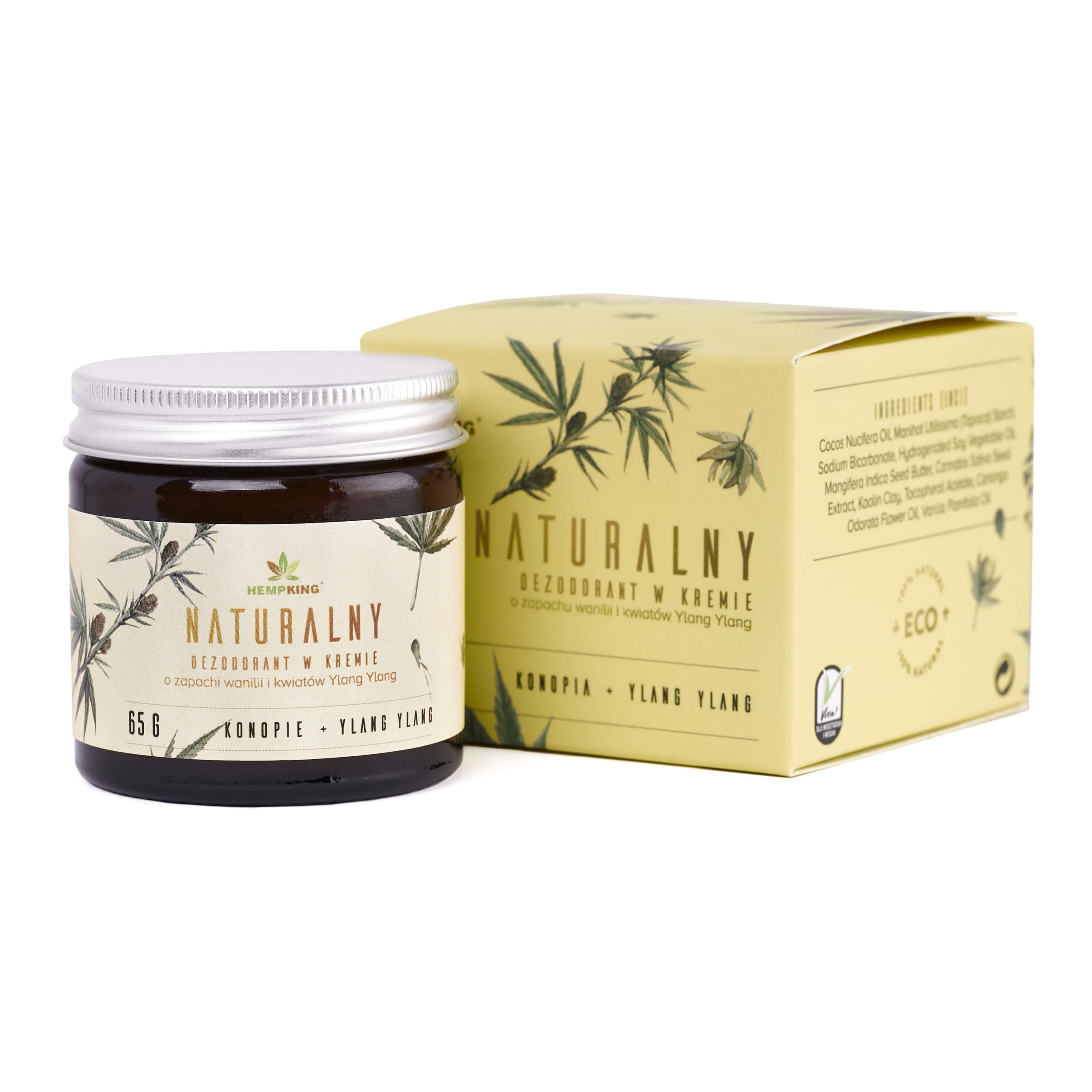
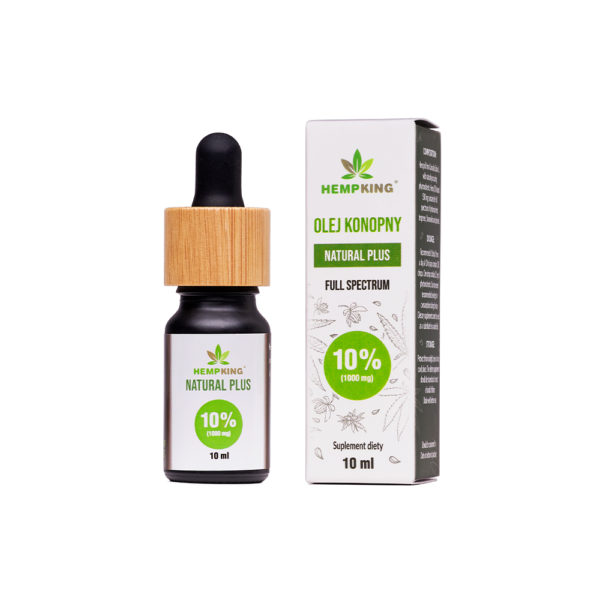
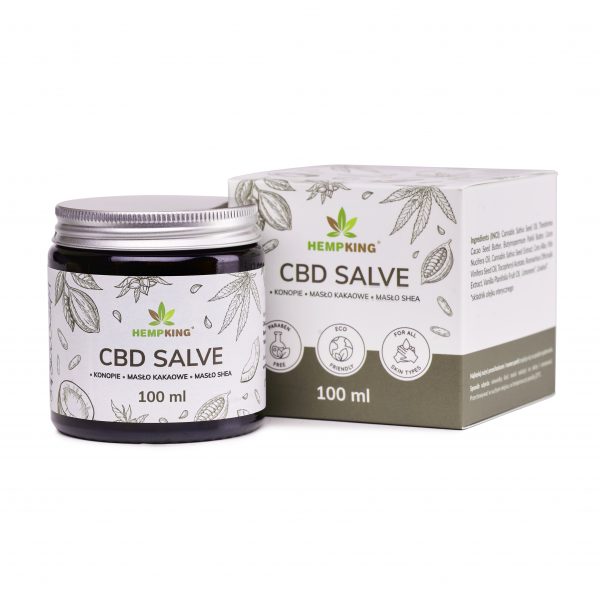
 Facebook
Facebook Instagram
Instagram

Leave a Reply